The AFET Performance Test: A closer look at the members of the European Parliament's Committee on Foreign Affairs and their work
What is the role of the EU in foreign affairs and international relations? How much of a say do the elected representatives of the EU, the members of the European Parliament, actually have? What policies do they propose? Are they listened to?
As part of EU Watch’s commitment to promoting transparency of EU policy-making and to improving communication between citizens and their elected representatives, we have initiated a new project where we take a closer look at the workings of the European Parliament’s Committee on Foreign Affairs and the activities of its members.
We want to shed light on one of the most prestigious parliamentary committees and provide a broader understanding of what, why, who and how AFET functions.
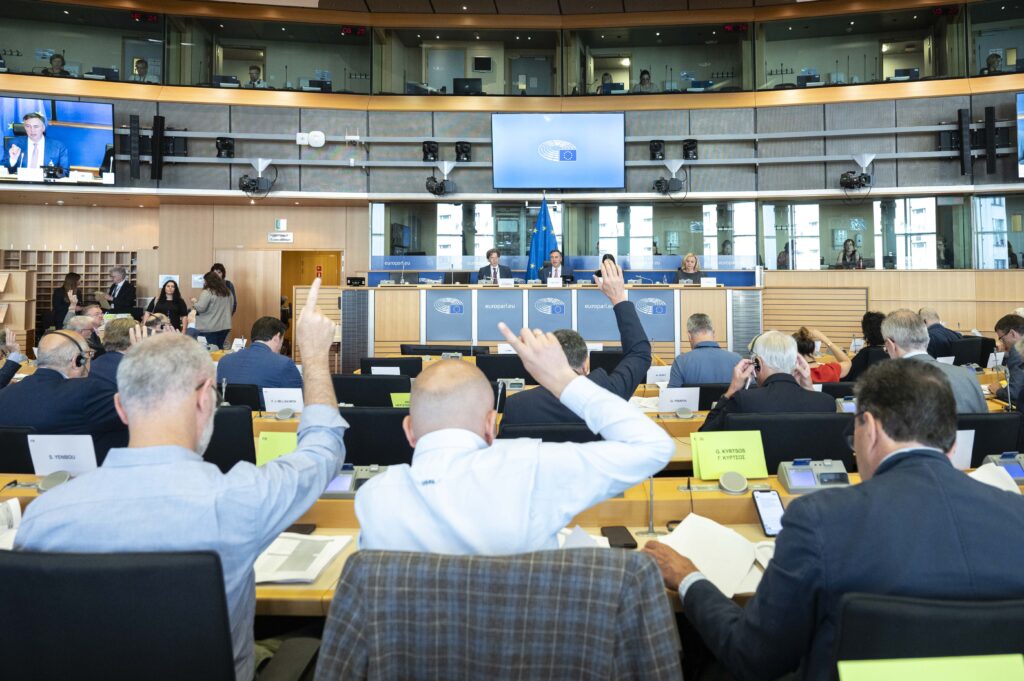
Tasks of the AFET Committee
The Committee on Foreign Affairs is responsible for scrutinising and monitoring of the European Union’s foreign policy. It is assisted by a Subcommittee on Security and Defence (SEDE) and a Subcommittee on Human Rights (DROI). The Committee’s powers and responsibilities, as defined in the Rules of Procedure of the European Parliament, cover the following:
- The common foreign and security policy (CFSP) and the common security and defence policy (CSDP);
- Oversight of the European External Action Service, the diplomatic service of the EU;
- Strengthening political relations with third countries by means of cooperation and assistance programmes;
- Legislation, programming and scrutiny of actions carried out under the European Instrument for Democracy and Human Rights (EIDHR), the European Neighbourhood Instrument (ENI), the Instrument for Pre-Accession Assistance (IPA), the Instrument contributing to Stability and Peace (IcSP) and the Partnership Instrument (PI) for cooperation with third countries, and the policies underpinning them (with the exception of IPA, all of them are now incorporated in the NDICI-Global Europe instrument)
- Opening, monitoring and concluding of negotiations concerning the accession of new member states; and
- Debating issues concerning democracy, the rule of law, human rights, the rights of minorities, in third countries and the principles of international law.
The goal of this project
Our goal is to provide general insights into the Committee on Foreign Affairs by presenting data that is not easily accessible to the public through other means.
We collect and present data using quantitative and qualitative measures. The former include, for example, the number of reports (legislative projects) elaborated by members of AFET, the number of committee meetings they attended, the number of speeches they made in the plenary, etc.). Wherever possible, we use interactive charts and tables in order to allow users to search by name or other keywords and to rank individual members. We will continue to track members’ activities and update this report in regular intervals. What does it include so far?
- Number of total reports (and shadow reports) elaborated by each member of the Committee
- Number of committee meetings attended by members
- Number of speeches made by the members of the Committee in plenary sessions
- Composition of the committee by different criteria such as age group, gender, country of origin and political affiliation
- How many terms has each member of the Committee served since their first election to the European Parliament?
- How many of the members of the Committee have previously served in senior roles in government, e.g. as president, prime minister, foreign minister or defence minister?
We will expand and enhance it and add further functionalities. This project is a work in progress and we invite you to take a closer look.
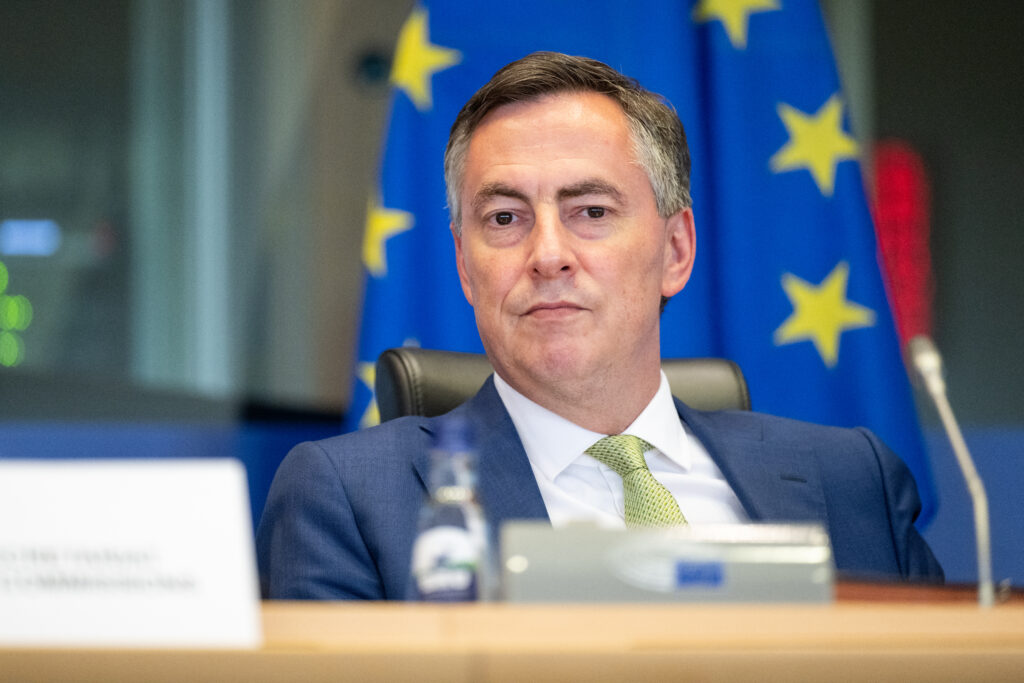
EU Watch is a non-partisan non-profit non-governmental organisation
Who are the members of the Commitee?
The Committee on Foreign Affairs is composed of 79 sitting members, four Vice-Chairs and a Chair of the Committee. Also, the Committee has 76 substitute members.
Click on the button below to see the members of the Committee. Note: Images © European Union 2023 – Source : EP.
Country: Germany
National party: Christlich Demokratische Union Deutschlands (CDU)
European Party: Group of the European People’s Party (EPP)

Country: Bulgaria
National party: Bulgarian Socialist Party
European Party: Group of the Progressive Alliance of Socialists and Democrats (S&D)

Country: Bulgaria
National party: Union of Democratic Forces
European Party: Group of the European People’s Party (EPP)
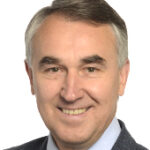
Country: Lithuania
National party: Lietuvos Respublikos liberalų sąjūdis
European Party: Renew Europe Group (RE)
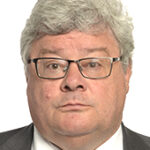
Country: Germany
National party: Bündnis 90/Die Grünen
European Party: Group of the Greens/European Free Alliance
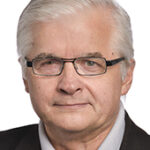
Country: Poland
National party: Sojusz Lewicy Demokratycznej – Unia Pracy
European Party: Group of the Progressive
Alliance of Socialists and Democrats (S&D)
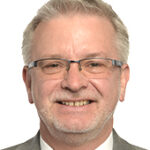
Country: Germany
National party: Christlich Demokratische Union Deutschlands (CDU)
European Party: Group of the European People’s Party (EPP)

Country: Croatia
National party: Hrvatska Demokratska Zajednica (HDZ)
European Party: Group of the European People’s Party (EPP)
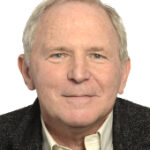
Country: France
National party: Liste Renaissance
European Party: Renew Europe Group (RE)

Country: Latvia
National party: Partija “VIENOTĪBA”
European Party: Group of the European People’s Party (EPP)

Country: Greece
National party: Coalition of the Radical Left
European Party: The Left group in the European Parliament – GUE/NGL (Left)

Country: France
National party: Rassemblement National
European Party: Identity and Democracy Group

Country: France
National party: Liste Renaissance
European Party: Renew Europe Group (RE)

Country: Estonia
National party: Eesti Konservatiivne Rahvaerakond
European Party: Identity and Democracy Group
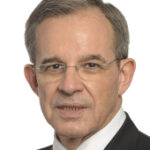
Country: France
National party: Rassemblement National
European Party: Identity and Democracy Group (ID)
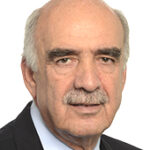
Country: Greece
National party: Nea Demokratia
European Party: Group of the European People’s Party (Christian Democrats)

Country: Italy
National party: Partito Democratico
European Party: Group of the Progressive Alliance of Socialists and Democrats in the European Parliament (S&D)

Country: Romania
National party: Partidul Naţional Liberal
European Party: Group of the European People’s Party (Christian Democrats)
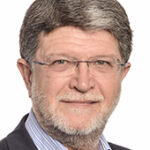
Country: Croatia
National party: Socijaldemokratska partija Hrvatske
European Party: Group of the Progressive Alliance of Socialists and Democrats in the European Parliament (S&D)

Country: Spain
National party: Partido Socialista Obrero Español
European Party: Group of the Progressive Alliance of Socialists and Democrats in the European Parliament (S&D)

Country: France
National party: Europe Écologie
European Party: Group of the Greens/European Free Alliance

Country: Spain
National party: Esquerra Republicana de Catalunya
European Party: Group of the Greens/European Free Alliance

Country: Spain
National party: VOX
European Party: European Conservatives and Reformists Group (ECR)

Country: Austria
National party: Freiheitliche Partei Österreichs
European Party: Identity and Democracy Group (ID)

Country: Germany
National party: Bündnis 90/Die Grünen
European Party: Group of the Greens/European Free Alliance

Country: Luxembourg
National party: Parti chrétien social luxembourgeois
European Party: Group of the European People’s Party (Christian Democrats)
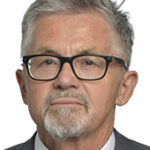
Country: Germany
National party: Alternative für Deutschland
European Party: Identity and Democracy Group (ID)
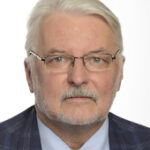
Country: Poland
National party: Prawo i Sprawiedliwość (PiS)
European Party: European Conservatives and Reformists Group (ECR)

Country: Croatia
National party: Hrvatska Demokratska Zajednica (HDZ)
European Party: Group of the European People’s Party (EPP)
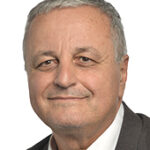
Country: France
National party: Régions et Peuples Solidaires
European Party: Group of the Greens/European Free Alliance

Country: Romania
National party: Partidul Mișcarea Populară
European Party: Group of the European People’s Party (EPP)

Country: Italy
National party: Movimento 5 Stelle
European Party: Non-attached member

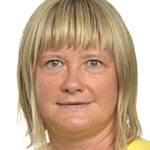
Country: Hungary
National party: Fidesz-Magyar Polgári Szövetség-Kereszténydemokrata Néppárt
European Party: Non-attached member

Country: France
National party: Place publique
European Party: Group of the Progressive Alliance of Socialists and Democrats (S&D)

Country: Hungary
National party: Jobbik – Konzervatívok
European Party: Non-attached member

Country: Poland
National party: Prawo i Sprawiedliwość (PiS)
European Party: European Conservatives and Reformists Group (ECR)
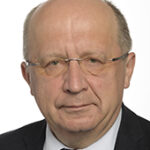
Country: Lithuania
National party: Tėvynės sąjunga-Lietuvos krikščionys demokratai
European Party: Group of the European People’s Party (EPP)

Country: Sweden
National party: Kristdemokraterna
European Party: Group of the European People’s Party (EPP)
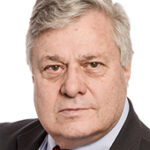
Country: Spain
National party: Partido Popular
European Party: Group of the European People’s Party (EPP)

Country: Romania
National party: Partidul Social Democrat
European Party: Group of the Progressive Alliance of Socialists and Democrats in the European Parliament (S&D)
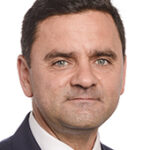
Country: Spain
National party: Partido Socialista
European Party: Group of the Progressive Alliance of Socialists and Democrats in the European Parliament (S&D)
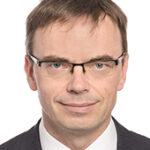
Country: Estonia
National party: Sotsiaaldemokraatlik Erakond
European Party: Group of the Progressive Alliance of Socialists and Democrats in the European Parliament (S&D)
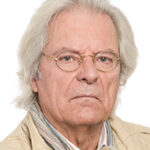
Country: Spain
National party: Independent
European Party: Renew Europe Group (RE)

Country: Cyprus
National party: Movement for Social Democracy EDEK
European Party: Group of the Progressive Alliance of Socialists and Democrats in the European Parliament (S&D)

Country: Spain
National party: Izquierda Unida
European Party: The Left group in the European Parliament – GUE/NGL (Left)

Country: Portugal
National party: Partido Socialista
European Party: Group of the Progressive Alliance of Socialists and Democrats in the European Parliament (S&D)

Country: Austria
National party: Sozialdemokratische Partei Österreichs
European Party: Group of the Progressive Alliance of Socialists and Democrats in the European Parliament (S&D)

Country: Netherlands
National party: GroenLinks
European Party: Group of the Greens/European Free Alliance

Country: Romania
National party: Reînnoim Proiectul European al României
European Party: Renew Europe Group (RE)

Country: Spain
National party: PODEMOS
European Party: The Left group in the European Parliament – GUE/NGL (Left)

Country: Austria
National party: Die Grünen – Die Grüne Alternative
European Party: Group of the Greens/European Free Alliance

Country: France
National party: Renaissance
European Party: Renew Europe Group (RE)
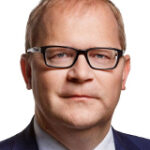
Country: Estonia
National party: Eesti Reformierakond
European Party: Renew Europe Group (RE)

Country: Finland
National party: Vihreä liitto
European Party: Group of the Greens/European Free Alliance

Country: Belgium
National party: Parti Socialiste
European Party: Group of the Progressive Alliance of Socialists and Democrats (S&D)
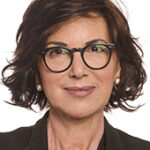
Country: Italy
National party: Lega
European Party: Identity and Democracy Group (ID)

Country: Italy
National party: Lega
European Party: Identity and Democracy Group (ID)
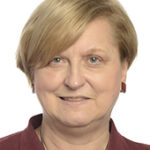
Country: Poland
National party: Prawo i Sprawiedliwość (PiS)
European Party: European Conservatives and Reformists Group (ECR)

Country: Cyprus
National party: Progressive Party of Working People – Left – New Forces
European Party: The Left group in the European Parliament – GUE/NGL (Left)

Country: Slovenia
National party: Gibanje Svoboda
European Party: Renew Europe Group (RE)

Country: Hungary
National party: Fidesz-Magyar Polgári Szövetség-Kereszténydemokrata Néppárt
European Party: Non-attached member

Country: Germany
National party: Sozialdemokratische Partei Deutschlands
European Party: Group of the Progressive Alliance of Socialists and Democrats (S&D)
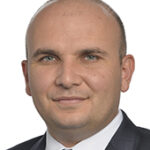
Country: Bulgaria
National party: Movement for Rights and Freedoms
European Party: Renew Europe Group (RE)

Country: Slovakia
National party: Kresťanskodemokratické hnutie
European Party: Group of the European People’s Party (Christian Democrats)

Country: Spain
National party: Partido Popular
European Party: Group of the European People’s Party (Christian Democrats)

Country: Austria
National party: Österreichische Volkspartei
European Party: Group of the European People’s Party (Christian Democrats)

Country: Portugal
National party: Bloco de Esquerda
European Party: The Left group in the European Parliament – GUE/NGL (Left)

Country: Spain
National party: Partido Popular
European Party: Group of the European People’s Party (Christian Democrats)

Country: Slovenia
National party: Socialni Demorkati
European Party: Group of the Progressive Alliance of Socialists and Democrats in the European Parliament (S&D)

Country: Greece
National party: Communist Party of Greece
European Party: Non-attached member

Country: Netherlands
National party: Partij van de Arbeid
European Party: Group of the Progressive Alliance of Socialists and Democrats in the European Parliament (S&D)

Country: Poland
National party: Prawo i Sprawiedliwość (PiS)
European Party: European Conservatives and Reformists Group (ECR)

Country: Poland
National party: Platforma Obywatelska
European Party: Group of the European People’s Party (Christian Democrats)
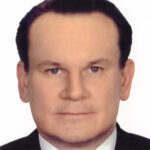
Country: Poland
National party: Prawo i Sprawiedliwość (PiS)
European Party: European Conservatives and Reformists Group (ECR)

Country: Belgium
National party: Open Vlaamse Liberalen en Democraten
European Party: Renew Europe Group (RE)

Country: Denmark
National party: Dansk Folkeparti
European Party: Identity and Democracy Group (ID)

Country: Sweden
National party: Sverigedemokraterna
European Party: European Conservatives and Reformists Group (ECR)

Country: Czech Republic
National party: Křesťanská a demokratická unie – Československá strana lidová
European Party: Group of the European People’s Party (Christian Democrats)
Become an EU Watch supporter!
The foreign policy of the European Union in a nutshell
There are four major EU institutions involved in foreign policy decision-making: the Council (which brings together government ministers of the 27 member states), the European Commission, the European Parliament and the European External Action Service (EEAS) which is headed by the High Representative for Foreign and Security Policy (HRVP).
The HRVP (currently the Spaniard Josep Borrell) is appointed by the European Council (heads of government of the EU member states) for a term of usually five years. Ex officio, he is also a member of the European Commission, of which he is a vice-president.The HRVP also chairs meetings of the Foreign Affairs Council and as such has a leading role in two EU institutions, which is unique. The HRVP heads the European External Action Service (EEAS), which is the diplomatic service of the European Union. The EEAS manages EU delegations in third countries and prepares proposals for decisions and actions.
Decision-making on foreign policy is slightly different than in other policy areas.
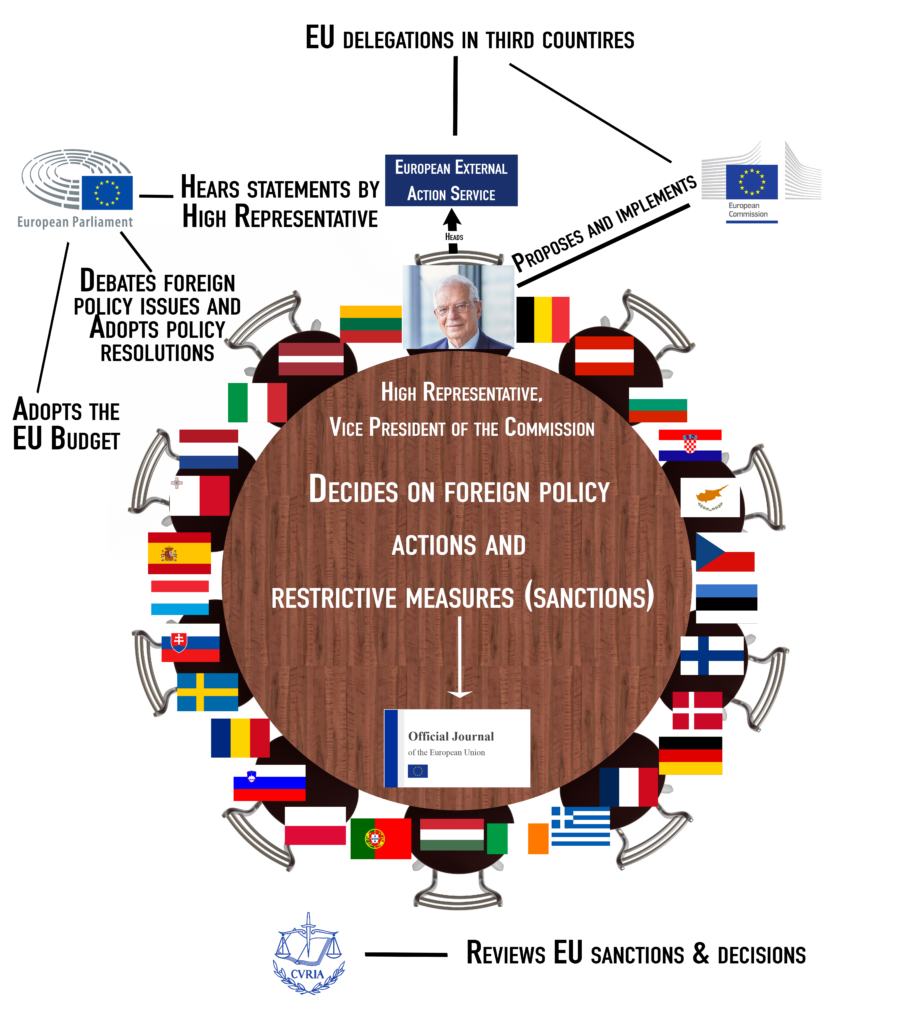
EU Watch is a non-partisan non-profit non-governmental organisation
Our newsletter
Do you want to subscribe to the EU Watch newsletter?
We will keep you informed about our latest publications and events. EU Watch will store your email address in our database. It will not be shared with third parties. You can unsubscribe at any time by clicking on the link at the bottom of the newsletter. Find out more in our privacy policy.
Become an EU Watch supporter!

EU Watch is a non-governmental organisation registered in Belgium that seeks to promote transparency, accountability and understanding of the European Union.
Read more about our mission and what we focus on.
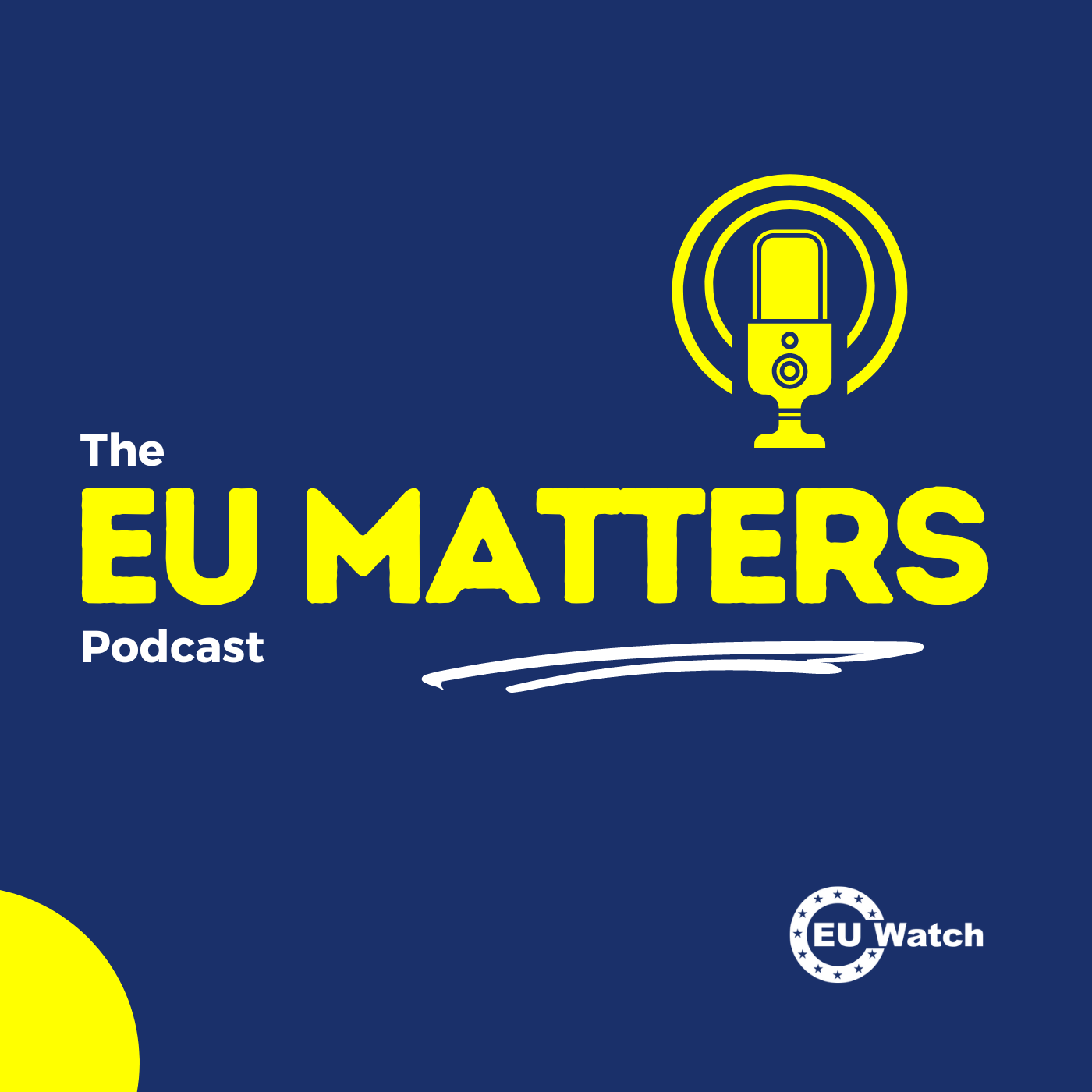
EU Watch has launched the “EU Matters” podcast. With this new format, we want to shed some light on subjects that are of importance to citizens and Brussels decision-makers alike.


